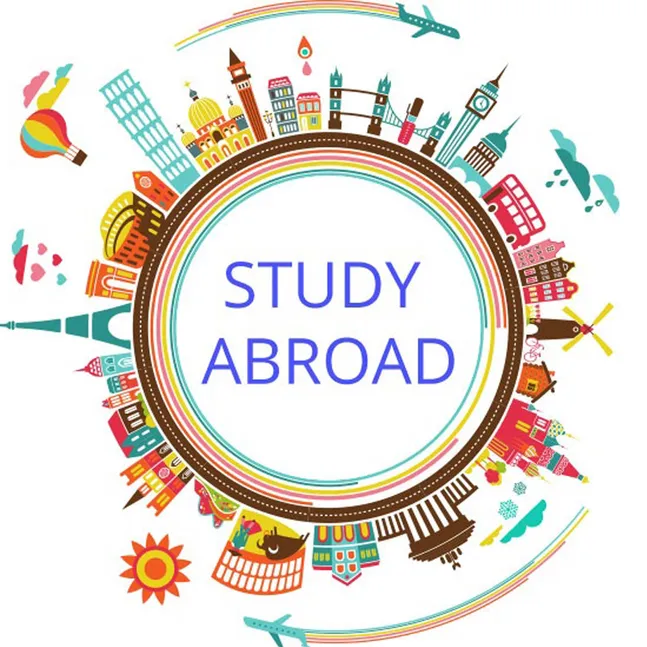Oguz Kaan Kısa · April 7, 2021

Many students find that studying abroad is an attractive option. Foreign programs can be cheaper and shorter, with the added benefit of living in an amazing place. However, this has its drawbacks and certainly not valid for everyone these pros and cons may differ. Still, we've listed the pros and cons of studying abroad from someone who does. We are sure it will be very useful.
Undergraduate and postgraduate education is really expensive. Really expensive anyway, especially if you are looking for a high quality education. But by going abroad, you can save not only money but also time.
Some programs in the UK, for example, take 12 months, and you spend one third of that writing a thesis, so you don't have to pay any fees. In addition, in many countries, financial aid, scholarships, and university support are also very high, so studying abroad can be more profitable and economical than you expect.
Study abroad programs are generally prepared for foreign students and during this education you travel frequently for both education and social activities, and living in a new country means a great travel and experience. In addition, there are collaborative areas and great libraries in many countries to do research, and accessing them will always help you discover information and the city. This travel and life experience can be a huge plus for both your career and life.
Many undergraduate students study abroad but hold masters and doctorate degrees in other countries. When the time comes to find a job, holding a foreign degree can make you an attractive candidate for a culturally aware, diversified workforce, especially those seeking organizations in areas such as international business, international relations or communications.
Let's face it: You can't always find an excuse to make friends, explore, and learn in another country. Seeing what life is like elsewhere is an incredibly fun and enriching experience; You meet people you wouldn't otherwise have. The study abroad experience is a great opportunity to explore the world and have fun.
You can go to a great university or a truly reputable abroad program, but many people in your home haven't heard of it. If you're not affiliated with Oxford, it can be frustrating to come home, tell people about where you went to school, and see their reaction. In addition, choosing the right school and program for education is very difficult and requires serious counseling support.
It is possible to experience problems after admission as well as the difficulty of the application period. You will have to find and get used to a new system, a new culture, a new educational order. Especially if you have chosen a non-English program, things can get complicated.
The support systems students will perform at a foreign university will probably not be tailored to your nationality. The career office, potential internships, or academic advice may not be relevant or offered to you with non-national immigrants with different experience, qualifications and career options like you. You need to make sure you regularly connect with your teachers, professors and career offices to understand your experience and goals.
While studying abroad, you can do internships, establish professional people and develop a network. But once you leave the country, this network will quickly disappear and probably won't be able to help you find a job in your home. Most postgraduate programs have active vocational centers and alumni networks, but they would be much less useful if located in another country. This can be expressed as an important con.

 Back
BackLet us find your dream university.
